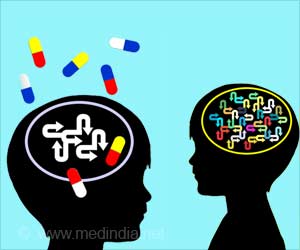
“Teachers’ reports, in conjunction with maternal reports and physician evaluations, provide valuable input for the diagnosis of ADHD,” said Nancy Reichman, author of the study and a professor of pediatrics at Rutgers Robert Wood Johnson Medical School. “Mother-reported symptoms generally reflect behaviors in the home or in small family or social groups, while teacher-reported symptoms reflect behaviors in a structured educational setting by professionals who work with a large number of children and observe the range of behaviors that students exhibit in classrooms.”
Reichman and her team, which included Rutgers Robert Wood Johnson Medical School neonatology fellow Geethanjali Linguasubramanian, sought to estimate the associations between gestational age at term and 9-year-old children’s symptoms of ADHD reported by their teachers.
Advertisement
Overall, the Rutgers researchers found that children born early-term (37-38 weeks) had significantly higher scores on the teacher rating scales than children who were full-term (39-41 weeks) for hyperactivity, ADHD and cognitive problems or inattention, but that gestational age wasn’t significantly associated with oppositional behavior.
Specifically, the researchers found that each week of gestational age at term was associated with 6 percent lower hyperactivity scores and 5 percent lower ADHD and cognitive problems or inattention scores, and that birth at 37 to 38 weeks was associated with 23 percent higher hyperactivity scores and 17 percent higher ADHD scores when compared with birth at 39 to 41 weeks.
READ RELATED: Cancer warning: Two supplements found to raise your risk – 'More harm than good'
“The findings add to growing evidence supporting current recommendations for delaying elective deliveries to at least 39 weeks and suggest that regular screenings for ADHD symptoms are important for children born at 37 to 38 weeks,” Reichman said.
“Significant growth and development in various kinds of brain cells are observed between 34 and 40 weeks of gestation,” said Reichman. “Infants born at full-term likely benefit from the additional one to two weeks of brain growth in utero compared with those born early-term.”
Source: Eurekalert
Source:








